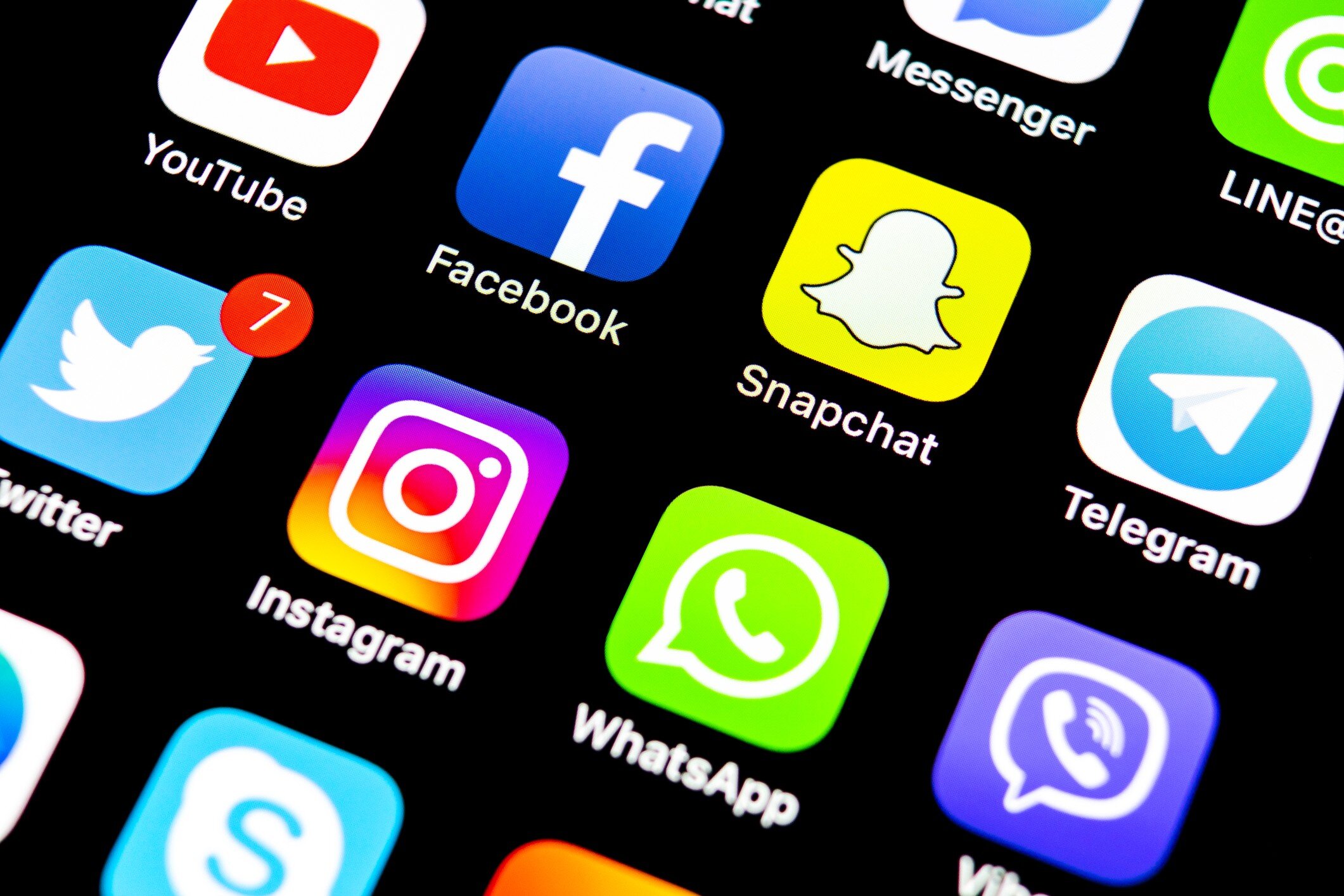Culture

"Oops, they did it again": Negligence, Institutionalisation & the US Public Health Crisis
Article by Verónica Sousa
The scourge of racial capitalism via institutionalization, quantification, and health disparities has long been a part of New York and the US’s history of public health. Those who have been abused historically in the name of public health, such as the working class, women, people of color, disabled people, queer people, and mentally ill people, are still abused and neglected by public health systems and institutions.

The Napier Barracks have become a Symbol of Segregation
Feature by Kaya Purchase
The fact of a hunger strike is in itself proof that the issues inside Napier are intolerable. People do not put themselves through a hunger strike until they are pushed to the brink. The fact that hunger strikes are happening means that the sincerity of the claims against Napier do not need to be debated, they simply need to be addressed.

The Publishing Industry is where Social Media Meets Capitalism
Article by Lucy Miles
In essence, it is commonplace for female influencers to be picked up by the publishing industry, which will then standardise their artwork and ethos to fit into a mould that is known to drive in profits. The publishers collate the artwork and feminist online content from the individual influencer, and package it into a purchasable survival-guide to being a modern woman; in essence, the publishing industry is where social media meets capitalism.

What Does It Mean to “Be Kind” in the Social Media Age?
Article by Damilola Omotoso
"Be kind" is something we are taught from childhood: to be kind to others and to ourselves. This simple mantra, philosophy or way of life has been co-opted in recent years to mean something else altogether. In the age of the Internet and the ever-prevalent social media, this phrase is often used in an attempt to shirk responsibility. The response "be kind" is usually employed when someone is trying to defend their (or someone else's) actions that could otherwise be deemed "problematic".
